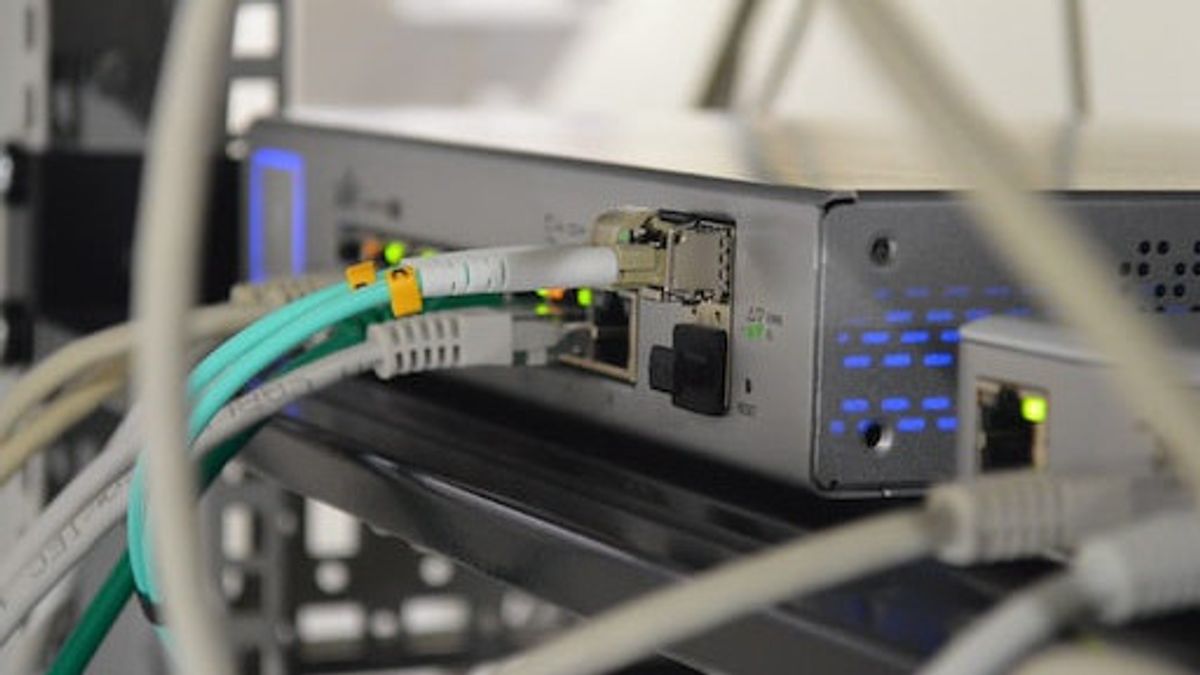JAKARTA - If you knew what Local Area Network (LAN) was, you would be familiar with Ethernet Cable or Ethernet Cable. Ethernet is the most widely used standard for Local Area Network (LAN) cables.
Ethernet cables are usually used to connect devices such as PCs, routers, and switches in local area networks. Although the transmission speed reaches up to 400 Gbps today, the Ethernet speed is divided into several categories (Cats) ranging from CAT 3 to CAT 8.
Finding out which Ethernet cable is the most suitable for you is not easy. However, the explanation that VOI will provide this time may be useful for you in choosing the best Ethernet cable for your home or office environment.
Tracking Internet Speed
Summarizing from various sources, the easiest thing to choose an Ethernet cable is to choose a cable with the range and performance according to what you need.
First, start by finding out the speed of your home or office internet connection. Just like different Wi-Fi networks, the ethernet category also has different speeds.
Each generation of cables is designed to be compatible with the previous generation, so this makes it possible to use the Cat-6a cable with a router that only supports 1Gbps speed.
Protected or Unprotected
Ethernet cables have two types, namely protected cables and also unprotected, depending on what you choose. Protected cables are often referred to as Shielded Twisted Pair (STP).
This type of STP cable is designed for an environment with many electromagnetic interferences such as power lines, wireless networks or where radio waves are found like TV studios.
While unshielded Twisted Pair (UTP) cables are more suitable for use in environments with slightly cross-talk or noise, such as homes and small businesses. UTP is more flexible, small, and cheaper to buy.
Types of cable material
Because the ethernet cable functions to transfer signals using copper, the quality of copper often shows the quality of the signal to be obtained.
The cheaper cable only uses copper-coated aluminum, which will allow you to experience higher signal loss. While pure copper will make it more stable, durable, and highly conducive
The English, Chinese, Japanese, Arabic, and French versions are automatically generated by the AI. So there may still be inaccuracies in translating, please always see Indonesian as our main language. (system supported by DigitalSiber.id)








